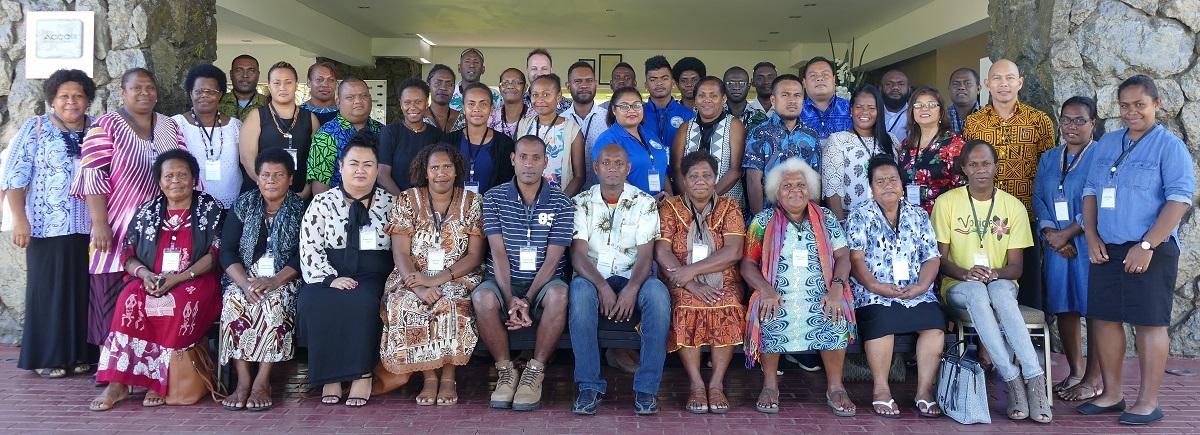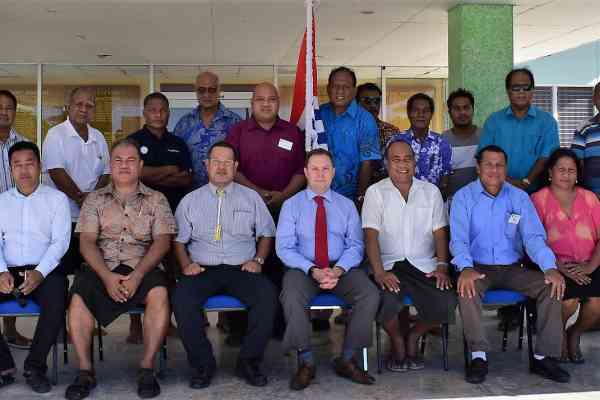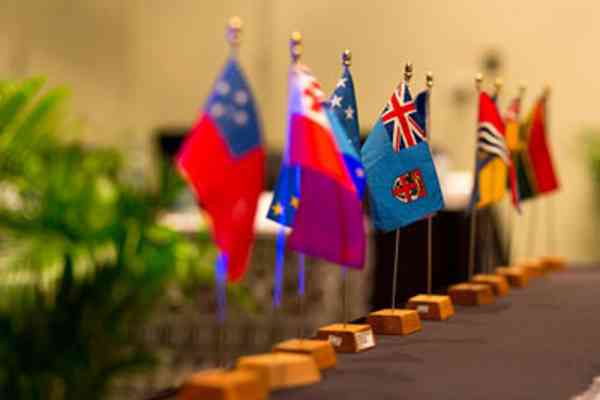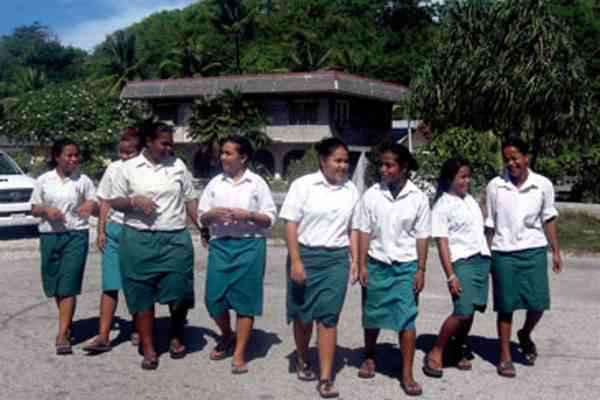Community-led human rights campaigns off to a good start in the Pacific
In today’s world there are many issues close to the hearts of men and women, boys and girls. Globally, groups are uniting to bringing about change. In the Pacific it is no different. Community members across the region are galvanising under the banner of a common goal.
Campaigning is a key activity that can lead to changes at community or national levels. Issues such as climate change and ending violence against women are at the heart of many campaigns that you will see in the Pacific today.
It is often civil society groups that run these campaigns - small local groups located within the heart of communities to amplify their voice. Acknowledging the role of civil society members as agents of change, RRRT is supporting 24 groups from 5 Pacific countries to run human rights advocacy campaigns under the ‘Pacific People Advancing Change’ or PPAC project, funded by the Government of Sweden.
RRRT offers a package of assistance that includes advocacy training workshops, on-going and tailored mentoring, small grants to implement campaigns, and regional dialogues. The nature of this support is such that ideas are taken from concept through to reality, with the opportunity also to learn from other campaign groups.
The first ever PPAC regional dialogue was held in Fiji from 12-15 March 2019. Additional support from the UK and Commonwealth-funded Pacific Commonwealth Equality Project brought together 40 representatives from the Federated States of Micronesia, the Marshall Islands, the Solomon Islands, Tonga and Vanuatu to share their experiences.
Each group was given time to introduce their campaign, discuss progress, challenges and solutions. For participants, learning from others was a highlight. According to Stuard Penias, “attending this regional dialogue has reaffirmed that we are not alone in our work”.
Penias is a representative of the Enimwahn Development Association based in Pohnpei in the Federated States of Micronesia. The Association is leading a campaign in the community of Enimwahn to raise awareness of the Pohnpei Domestic Violence Act. Four other FSM-based groups are also being supported under PPAC. Learning from each other at a country level has been valuable but the opportunity to meet with groups from other Pacific countries has opened his eyes to new ideas, and new solutions to common problems.
Based on the experiences each group shared, it is safe to say that most campaigns are off to a good start. RRRT has provided valuable one-on-one mentoring to groups to overcome challenges and already success is being celebrated.
The Care Micronesia Foundation is also Pohnpei-based, leading a campaign to protect the human rights of young people by raising the age of consent and the marriageable age from 16 to 18 years old. Just a few days before the regional dialogue was convened, they received some good news about their campaign - the Pohnpei State Governor had signed the Bill to increase the age, in support of the campaign goal.
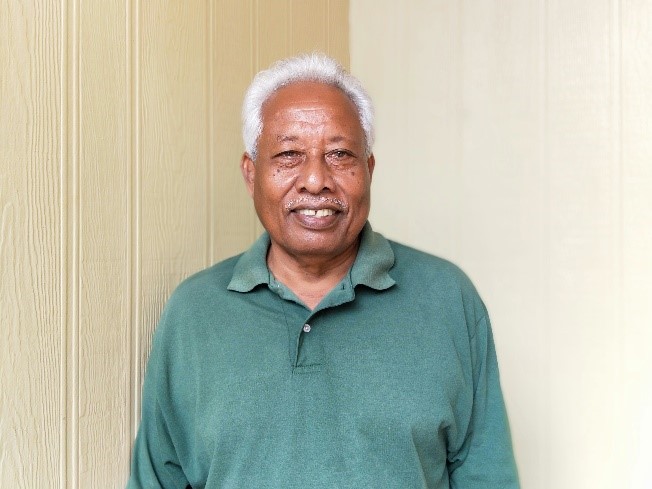
According to Elieser Rospel, Programme Manager for the Care Micronesia Foundation, this important first step represents a milestone in the campaign but the work is not over. “The age of consent law has been passed and we will now conduct an awareness campaign to educate the general public in Pohnpei on the issue of the negative effects on girls marring at too young an age”, he said.
The goal of awareness-raising is that the public understands and accepts the new law. Raising the age of consent and marriage age will hopefully mean “fewer female drop outs from high school and fewer teen pregnancies in our communities’, said Mr Rospel. But this will only be achieved if the people of Pohnpei adhere to the new law.
Therefore, the Care Micronesia Foundation will be working with various departments to implement their public awareness campaign including the Pohnpei State Department of Health Services, the Division of Social Services, the Division of Public Health, Pohnpei State Education, Pohnpei Public Safety, Pohnpei Women’s Advisory Council, church leaders, youth groups, and the general public to better understand about the issue.
Many of the other PPAC recipient groups will soon too be able to report on the success of their campaigns, all examples of how advocacy and lobbying can bring about positive change.
To find out more about SPC RRRT’s work programme, including PPAC, go to https://rrrt.spc.int/
